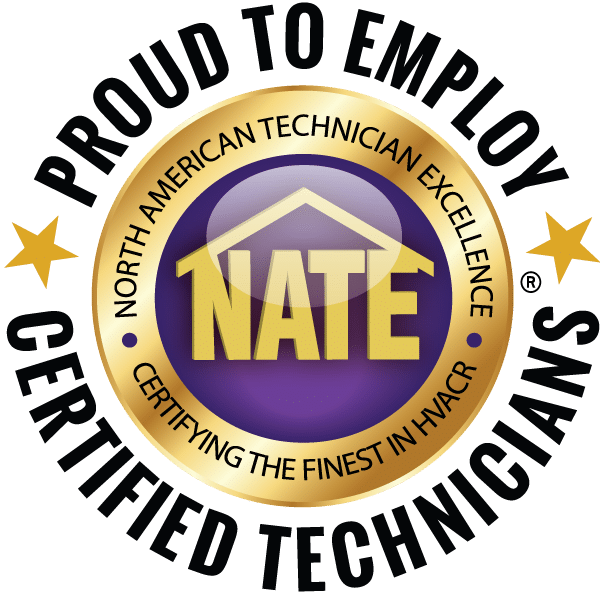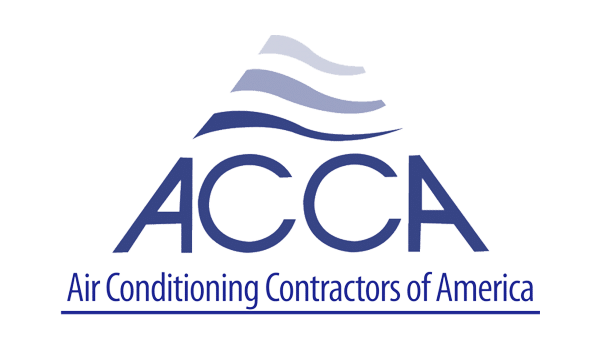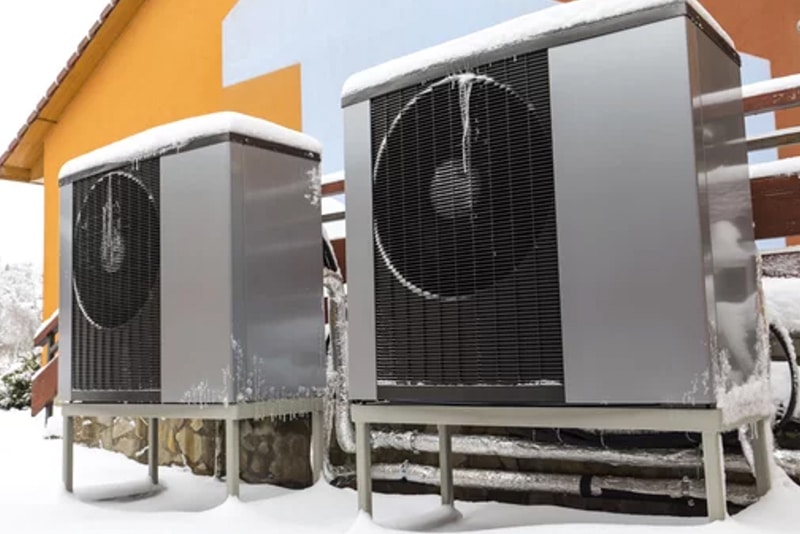Inverter Heating and Air Conditioning
Available for any type of HVAC Service
We can help






Inverter Heating and Air Conditioning in Northern Virginia
Inverter heating and air conditioning technology is a relatively new technology in the United States. Although it has been in Europe since the early 1900s in ductless split units. Traditional ductless split units are used for heating and air conditioning but are not connected to ductwork. If you have been overseas, you may have noticed little ductless air handlers mounted high up on walls, these are ductless mini-splits. As the industry continues to evolve, ductless split manufacturers recently developed ducted-ductless units; however they require specially designed ductwork. Ducted ductless mini-split units are a great option for home additions and air conditioning retro-fits, especially if you do not want units hanging on your wall(s).
Now, this technology has advanced even further to work with existing ducted forced air heating and air conditioning systems and is now available in the United States. Due to its very high efficiency and increased indoor air comfort, we believe this technology is the future of heating and air conditioning.
Want to know more about inverter heating and air conditioning? To set up an appointment for a free estimate, all (703) 266-3678/(703-COMFORT).
First you may ask what is a forced air heating and air conditioning system?
A forced air system distributes filtered, conditioned air from a central unit (furnace or air handler in most cases) through the ductwork in your home. This conditioned air is then expelled out the vents which are generally located on the ceiling, walls or floor. This air is then pulled back to the central unit through return vents/ducts so the air can be filtered and reconditioned again. As the air continues through this process; heat transfer, humidification, and dehumidification of the air takes place.
One misconception of heating and cooling is that we are heating or cooling the home. In essence we are, however in the summer, a forced air system conditions the air by transferring heat and humidity out of the air from inside the home. This heat is transferred outside the home and the humidity is removed from the air stream to a drain. In the winter months, the process is the same but in the opposite direction, transferring heat and humidity into the air circulating throughout the home.
Now we add Inverter heating and air conditioning technology into the equation
This is the latest evolution of technology for forced air systems. Inverter heating and air conditioning compressors are powered and controlled by DC Voltage. Not only are DC voltage compressors significantly more efficient to operate than traditional AC Voltage compressors (which have been used in the US from the beginning of air conditioning) they have the capability to change the amount of heating and air conditioning capacity that is actually needed to heat and cool the home.
Did you know air conditioning is sized for the average hottest day of the year?
These average hottest days are based on region, determined by a program called Manual J and approved through the Air Conditioning Contractors of America (ACCA). As we all know, there are only a handful of these hottest days each year. Traditional AC voltage compressors are either one or two-stage. The one-stage compressor operates at 100% capacity at all times.
Two-stage compressors are a better solution and will cut capacity in the first-stage by a percentage determined by the manufacturer. Since temperatures in the mornings and evenings are generally milder, one-stage units are actually grossly oversized because they cannot reduce their capacity to reflect the lessened demand. Prior to the development of inverter technology in forced air systems, two-stage compressors were a consumer’s best option for performance and efficiency on milder days. As technology continues to advance, manufacturers have recognized two-stage units were a stepping stone.
Fast forward to today, inverter heating and air conditioning technology provides higher efficiencies and dehumidification capabilities that are unmatched. Inverter heating and conditioning units can adjust capacity based on the amount of heating or cooling that is actually needed on the milder days and will reduce unnecessary waste of electricity. Because inverter units run much longer cycles at lesser capacities, this also allows for much better dehumidification on these milder days.
So why is variable capacity beneficial?
When the capacity can be reduced, the system can run longer cycles, this in turn will allow more air exchanges and more heat transfer. When more air exchanges take place, this helps even out temperatures in the home and allows more dehumidification in the summer. In the winter, more humidification can be added to your air when a humidifier is installed, which helps keep human membranes moist to help prevent viruses from entering your bloodstream, reduce dry/itchy skin, and reduce damage to wood/drywall in your home.
The secret (and please don’t tell anyone we gave the secret) to comfort and efficiency is running longer cycles at lesser capacities. Because these processes have more time to stabilize and condition the air inside the home, the comfort level increases and operating costs are lower. Inverter systems change the heating and air conditioning dynamics in a home.
What if your air conditioner is oversized?
When the air conditioner is oversized in the summer, it transfers the heat from the air so quickly that it does not allow the air conditioner to run long enough (this is referred to short cycling) which results in limited dehumidification. As a result, you will experience that stuffy feeling.
When the air feels stuffy, your natural reaction is to lower the thermostat temperature in an attempt to offset this uncomfortable feeling. This may help in certain circumstances, however, in most cases it just increases operating costs and does not address humidity concerns.
If we have not lost you yet and you’re still reading, lets go a little deeper
The compressor is the heart of the system and pumps refrigerant (the blood) to perform heat transfer. With inverter technology, a mechanism called an Inverter is used to control the speed of the compressor motor by continuously regulating the capacity needed to not only manage temperature, but also humidity in the home. These inverter units are also equipped with what is called a variable-frequency drive. The variable-frequency drive is what controls the amount of electricity needed to run the compressor which results in eliminating the consumption of excessive electricity and providing the most comfort. The drive converts the incoming AC electricity to DC electricity, and then through a modulation in the electrical inverter, produces current at the desired frequency to control the compressors speed and capacity.
Conclusion
Industry trends show that inverter units are already becoming very popular. The ability to adjust capacity as needed, increased efficiencies, reduce energy waste and increase the comfort in your home makes the inverter systems the heating and air conditioning units of the future.
If you would like more information or want to set up free estimate call (703) 266-3678/(703-COMFORT).
We specialize in inverter heating and air conditioning in Alexandria, Arlington, McLean, Fairfax, and all surrounding areas.

2024 Carrier President's Award
We have been awarded the 2024 Carrier President’s Award. This is Carrier’s highest honor and is presented to an elite group of Carrier Factory Authorized Dealers who have achieved excellence. We exemplify our company’s model for customer satisfaction, operational excellence, business effectiveness and delivering the best in cutting edge technology to our consumers.
- 3 Levels of Service Agreements with discounts
- Energy audits for your home or office
- We service ALL brands of heating and A/C units
Award Winning Service
Winner of Carrier’s highest honor with the 2024 Carrier Presidents Award.
Highly Trained Techs
Our technicians are trained in the latest technology to save you money and increase the life of your HVAC unit
Licence & Insured
Our service team is licensed and insured for your protection on every job we perform.
Frequently Asked Questions
When should I start considering replacing my Furnace?
The Department of Energy recommends considering replacing furnaces that are15 years or older or that are not keeping you comfortable.
